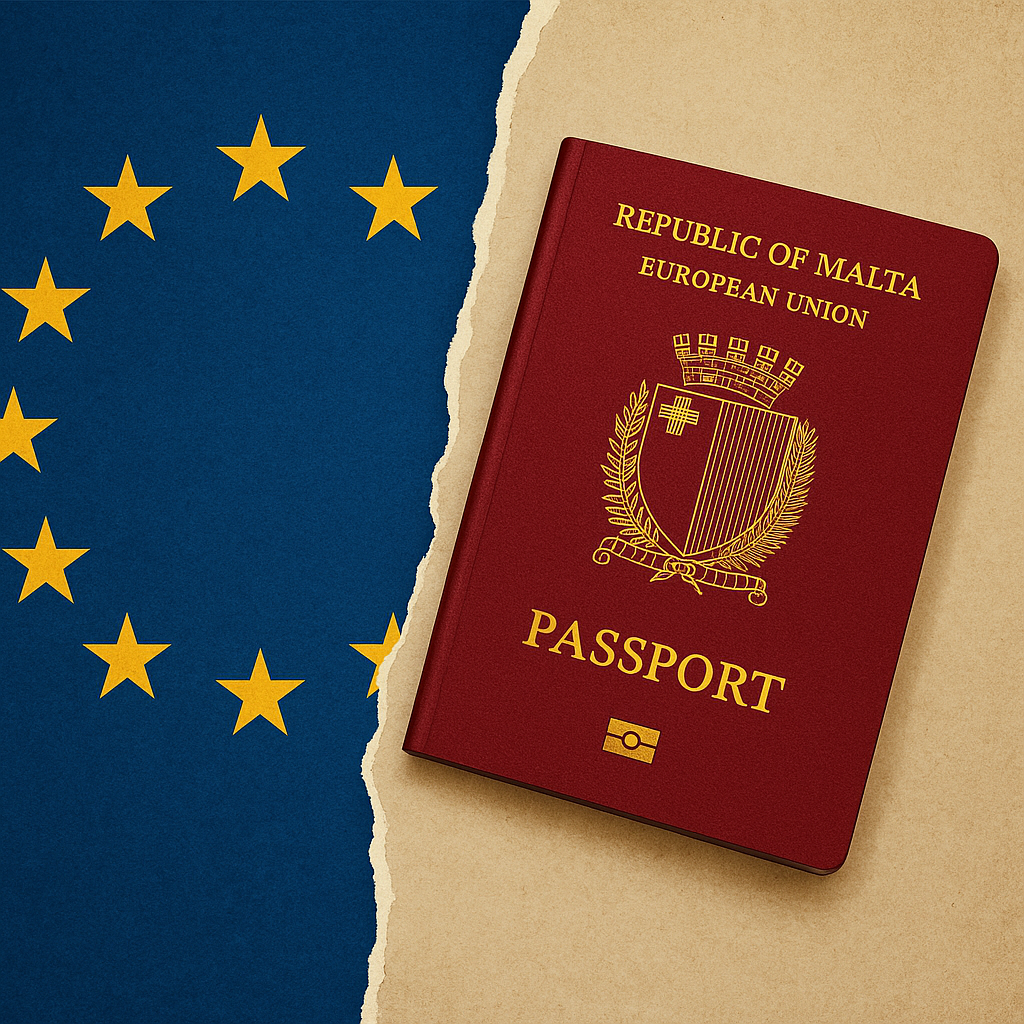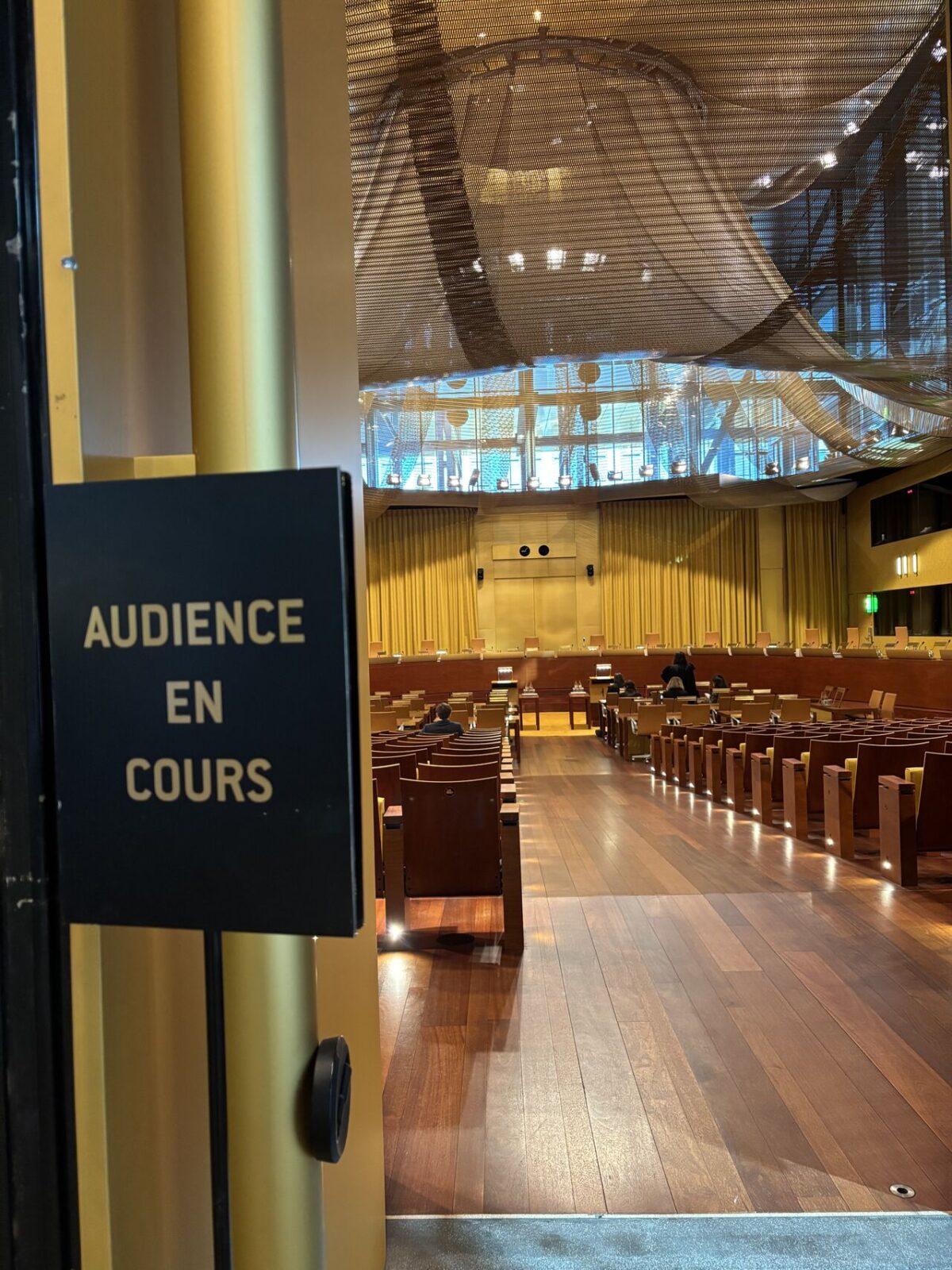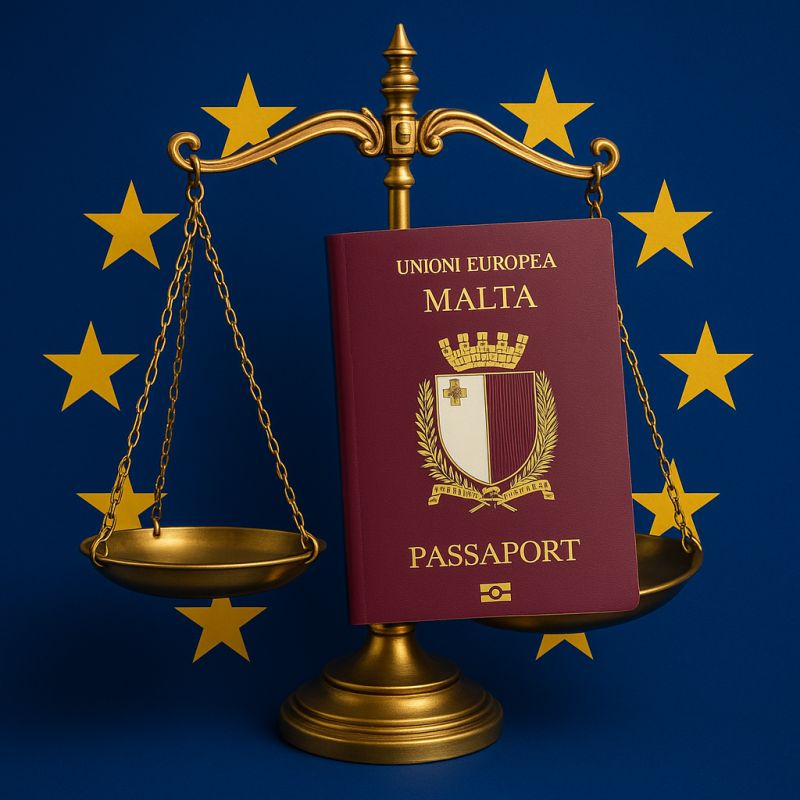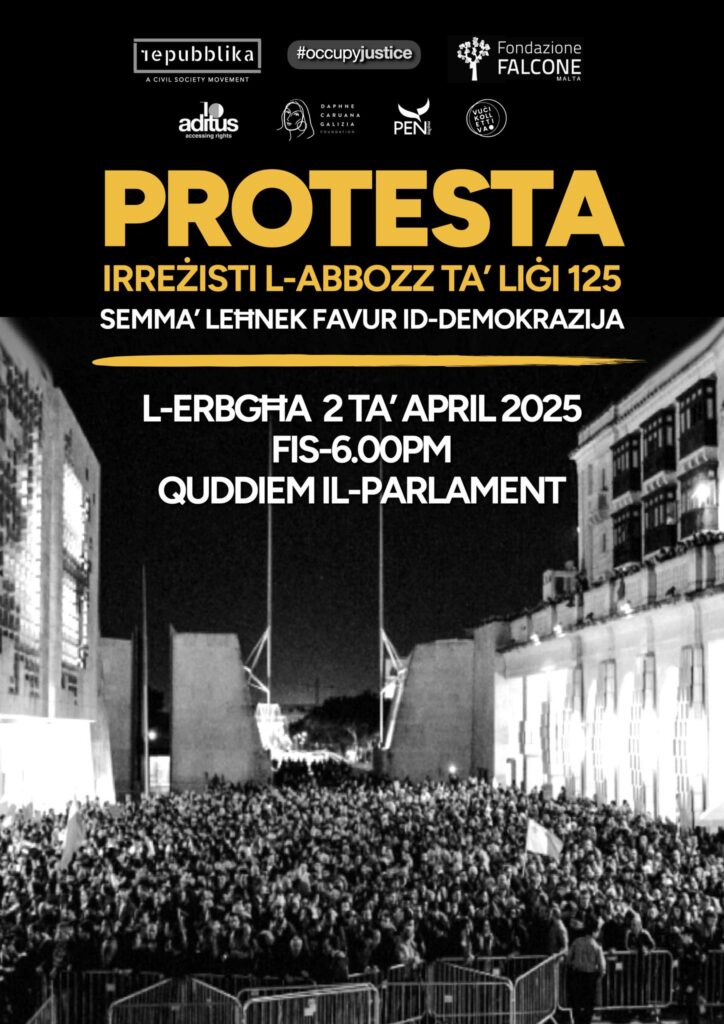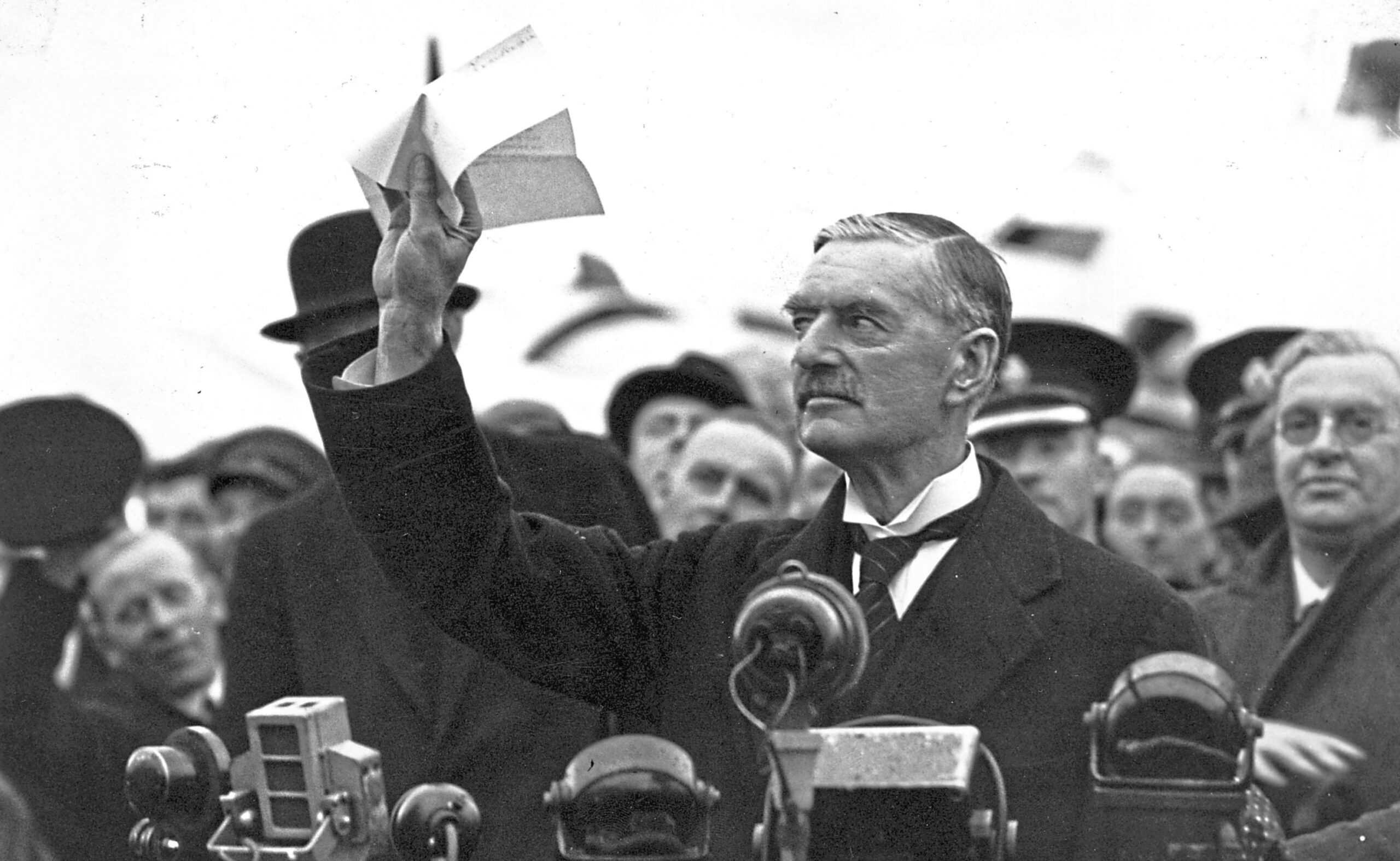Facts and Explainers – The Mexit Fantasy
Another reaction popular on social media is the one that advocates showing the middle finger to the meddling EU and actually leaving it. How dare the Europeans dictate citizenship terms to our sovereign nation?
Where to start? A list maybe…
1. The success of the citizenship by investment scheme that generated 1.4 billion euros for Malta depended heavily on the fact that a) Malta was part of the European Union and b) the scheme practically sold (a more coveted) EU citizenship over and above (the Trojan horse) Maltese citizenship. As the Court itself noted in the judgment, agents were actively promoting the scheme as an opportunity to buy your way into the EU and not Malta. Add that to the scarce checks on the creation of any lien to Malta itself other than coughing up the cash and you may begin to understand how an EU-less Malta would not have such a successful scheme. In other words… it worked because of the EU element not in spite of it. Leave the EU and see how many citizens will comply.
2. Ironically, Malta was involved in another landmark case that has much wider implications than just in Malta. In Repubblika, the Court looked into the exercise of another sovereign competence of member states i.e. judicial reform. Repubblika was not the first case in which the Court did so. Article 19 TUE, and more specifically the obligation on Member States to maintain an efficient judicial system guaranteeing access to the EU acquis had allowed the Court to set an EU standard for judicial reforms. Again in layman´s terms: you fiddle around with your judiciary as much as you like BUT the EU will lways make sure that your new set up is not worse than the certified set-up of that was in place when you joined (non-regression principle). Same thing happened this time round with the citizenship scheme. The EU still allows Member States to determine who can become their citizen BUT given the implications on EU Citizenship the conditions for granting such citizenship may be scrutinised.
3. And this is the hardest one to get for the sceptics. It is basically summarised as you cannot have the cake and eat it (or the more expressive maltese “tridha hobbla u tredda”). Membership of the EU brings benefits. Huge benefits for both citizens and the country as a whole. These benefits come with obligations of loyalty to the system. Member States cannot expect to undermine the system while continuing to enjoy the benefits. It is really that simple. It is useless crying wolf every time you are found to have fallen foul of the common rules.
Leave the EU? Mexit? Possibly… consider it but only after you have really weighed the overall losses that will inevitably be incurred. I am quite sure you will think twice before thinking of leaving the EU again.
